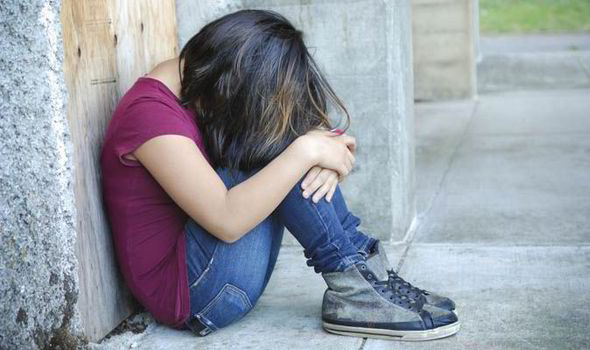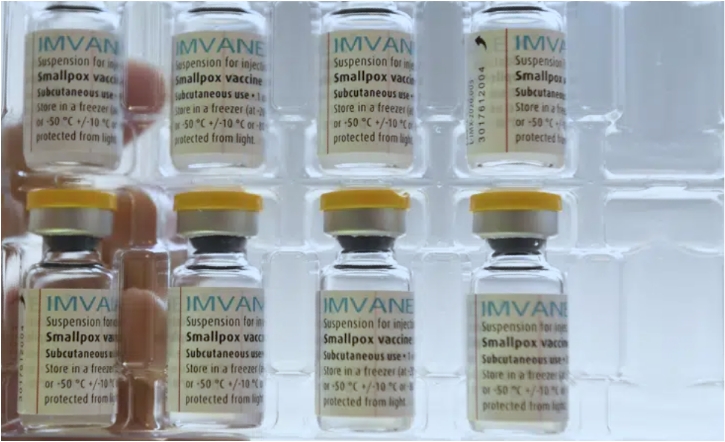More than half of parents in England have never spoken to their children about stress, anxiety or depression, a survey has suggested.
A poll of more than 1,100 parents found that 55% had not spoken about the subject to their offspring.
Of those, 20% said they did not know how to address the issue.
The survey results have been released as part of a campaign, funded by the Department of Health, to break down the stigma associated with mental health.
The poll, of parents to children aged between six and 18, was carried out by market research company Opinion Matters on behalf of the Time to Change campaign, which is being run by charities Mind and Rethink Mental Illness.
It also found that 45% of parents felt they did not need to have the conversation because mental health “was not an issue”.
‘Generation for change’
One in 10 young people will experience a mental health problem, the campaign claims.
Sue Baker, the director of Time to Change, said: “This has to be the generation for change. Mental health problems are a common experience for three children in every classroom.
“Our research has shown that talking about mental health is still seen as too awkward for many parents and young people and we need to change that in the home, at school, on social media and in wider social circles.”
Last month, a separate survey suggested 62% of youngsters had done a general internet search for depression. And the Children’s Commissioner for England Anne Longfield said youngsters did not have the confidence to go to the doctor with mental health issues.
Nadine Peacock’s 19-year-old daughter Emma experienced mental health issues in her early teens. She has since been diagnosed with bipolar disorder.
Nadine Peacock said: “My biggest piece of advice – make mental health part of everyday conversation with your child.
“Even if your child isn’t experiencing any issues, if something does crop up further down the line at least then they feel like they can have an open conversation with you about it.”
The Time to Change campaign has received £660,000 from the Department of Health.





